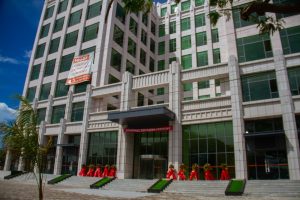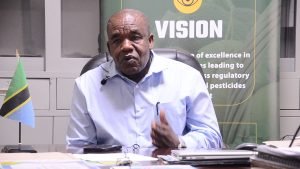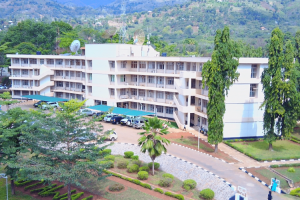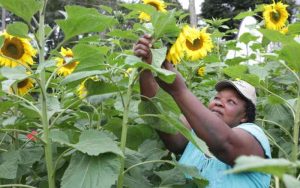TARI’s Pundits Convenes in Mwanza To Brainstorm On Better Agronomic Ways To Scale Up Production Of Cassava, Sweet potatoes
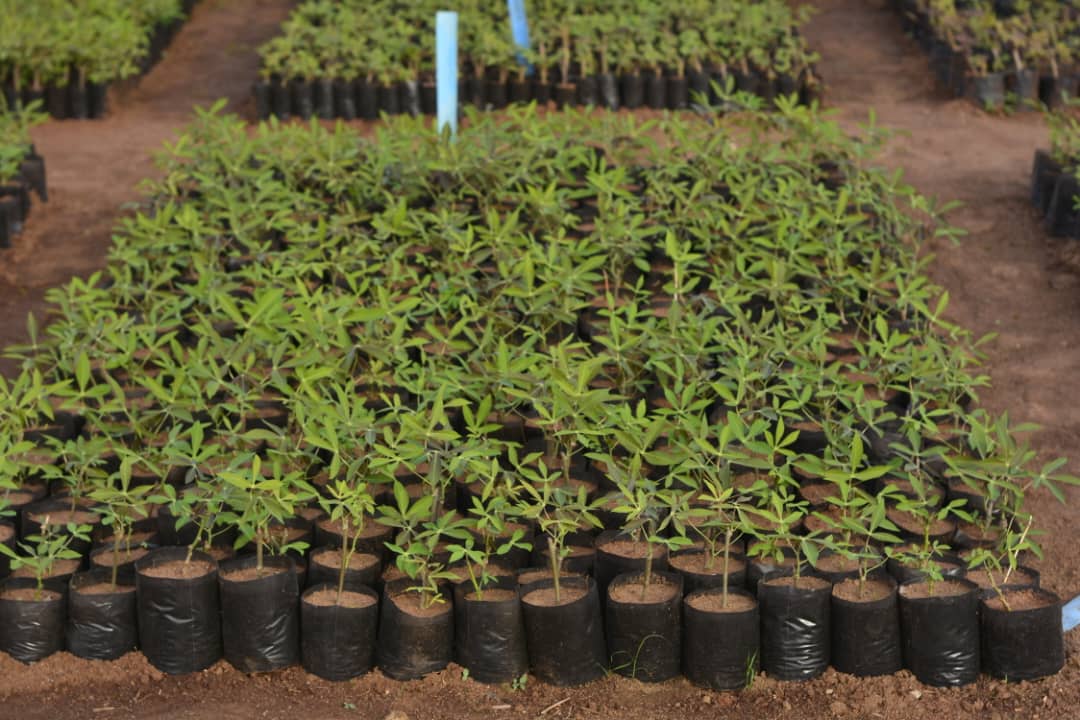
By Senior Reporter VALENTINE OFORO
“As part of this training, among others we’re discussing and setting viable ways to which we can research and have the farmers getting the improved seeds varieties for cassava and sweet potatoes within an average of five years”
AGRICULTURAL pundits from the Tanzania Agricultural Research Institute (TARI) are convening in Mwanza region in a four -day training session targeting to improve production and availability of cassava and sweet potatoes.
The timely training is part of the ongoing join efforts between TARI, the International Institute of Tropical Agricultural (IITA), International Center for Tropical Agriculture (CIAT), the German Collection of Microorganisms and Cell Cultures( DSMZ ) focuses to spur production of the two tuber crops.
Speaking when opening the workshop a Senior Cassava Researcher from TARI Ukiriguru centre, Salum Kasele detailed that production of cassava in the country was 8.6 tons per hactares, which is far below 30 tons as recommended professionally.
He observed that, as per the current system, the average period from researching, registering and commercializing the seeds for the crops goes up to ten years.
“As part of this training, among others we’re discussing and setting viable ways to which we can research and have the farmers getting the improved seeds varieties for cassava and sweet potatoes within an average of five years,” he said.
For her side, head of the sweet potatoes program at TARI Ukiriguru Centre, Dr Hadija Ally said that according to the statistics for the year 2022/2023, the demand for sweet potato seeds for the lake region was 23 million pieces while the number used by farmers was less than 5 million pieces.
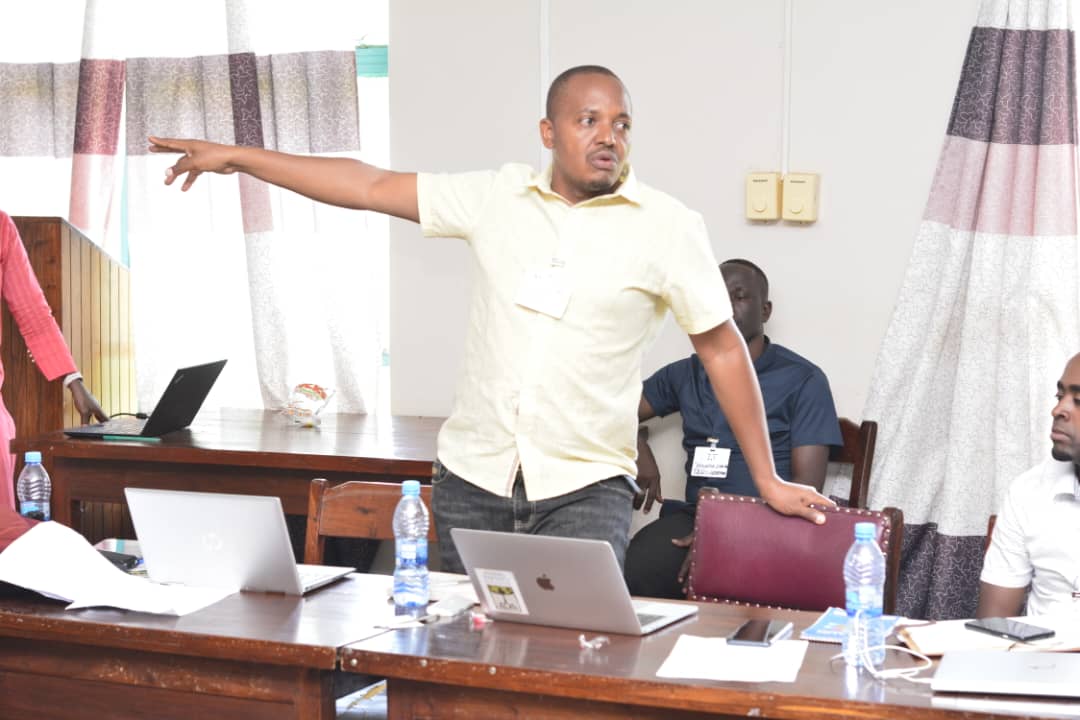
Regarding the effects of the sweet potato virus disease, Dr. Hadija expressed that, if not contained, the dangerous virus can destroy the plantation completely, by 100 percent, leaving a farmer harvest- less.
“We’re looking forward to continue researching and imparting the farmers with useful agronomic practices, including use of better seeds varieties as well as pestcides so as to stand a professional side to fight the virus,” she assured.
Moreover, Dr. Hadija has said that sweet potatoes are among the most reliable food crops in many areas of the country and that when production increases, it will also help strengthen food security.
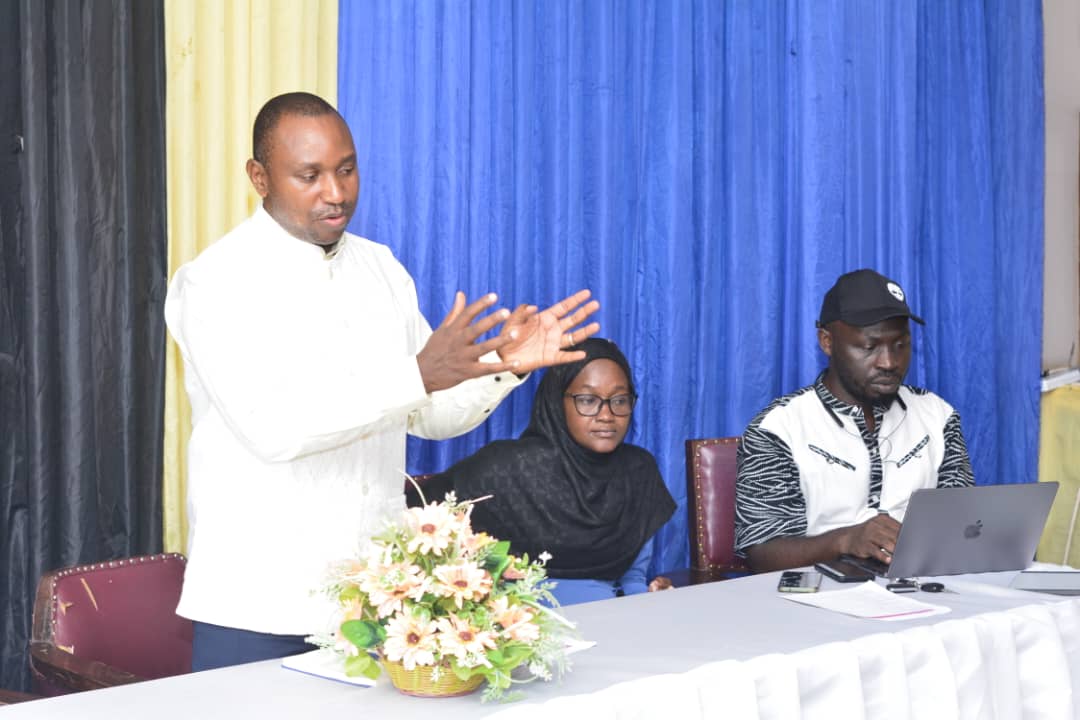
Apart from TARI Ukiriguru, the training attracted researchers from TARI Naliende, TARI Kibaha and TARI Maruku centers.

